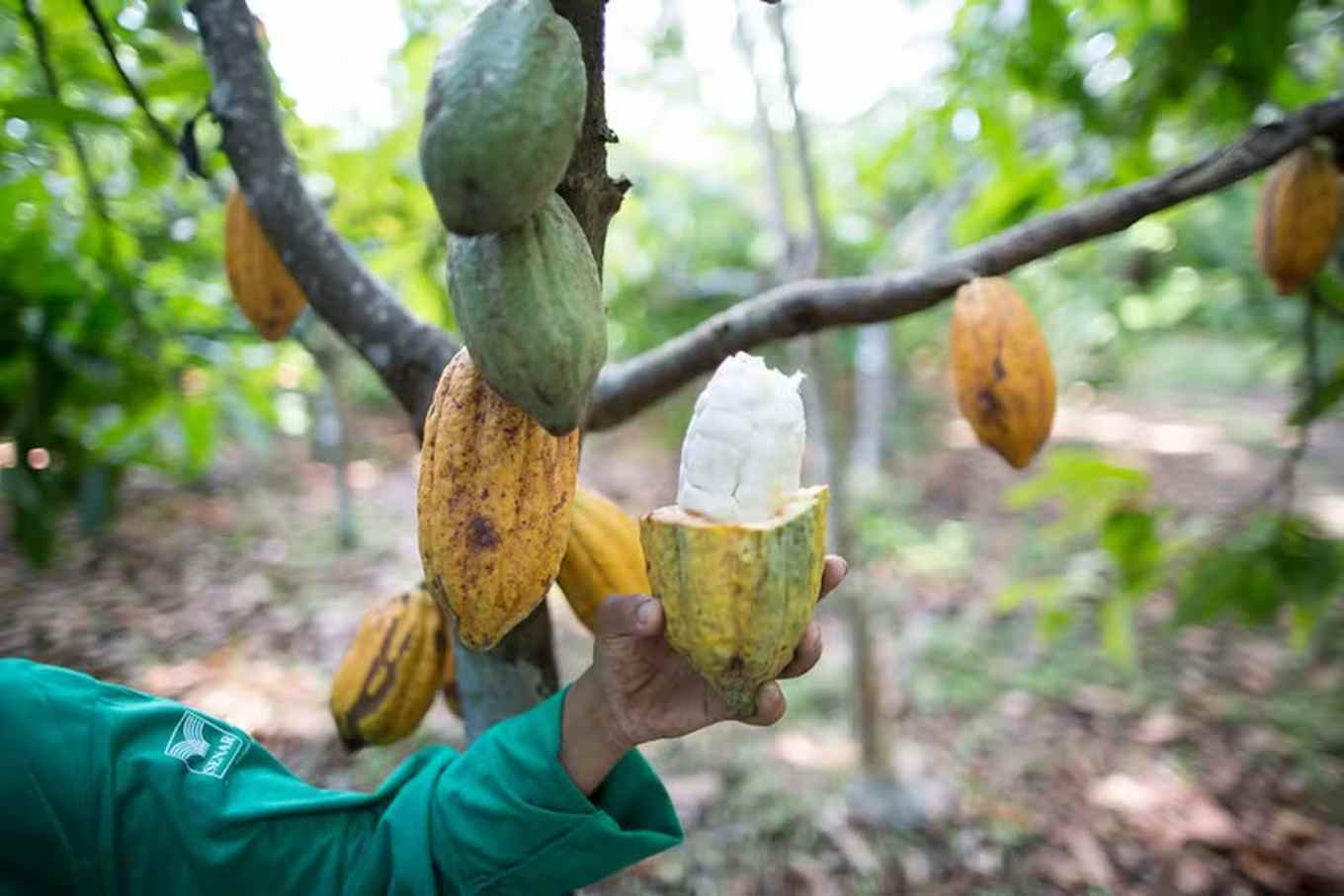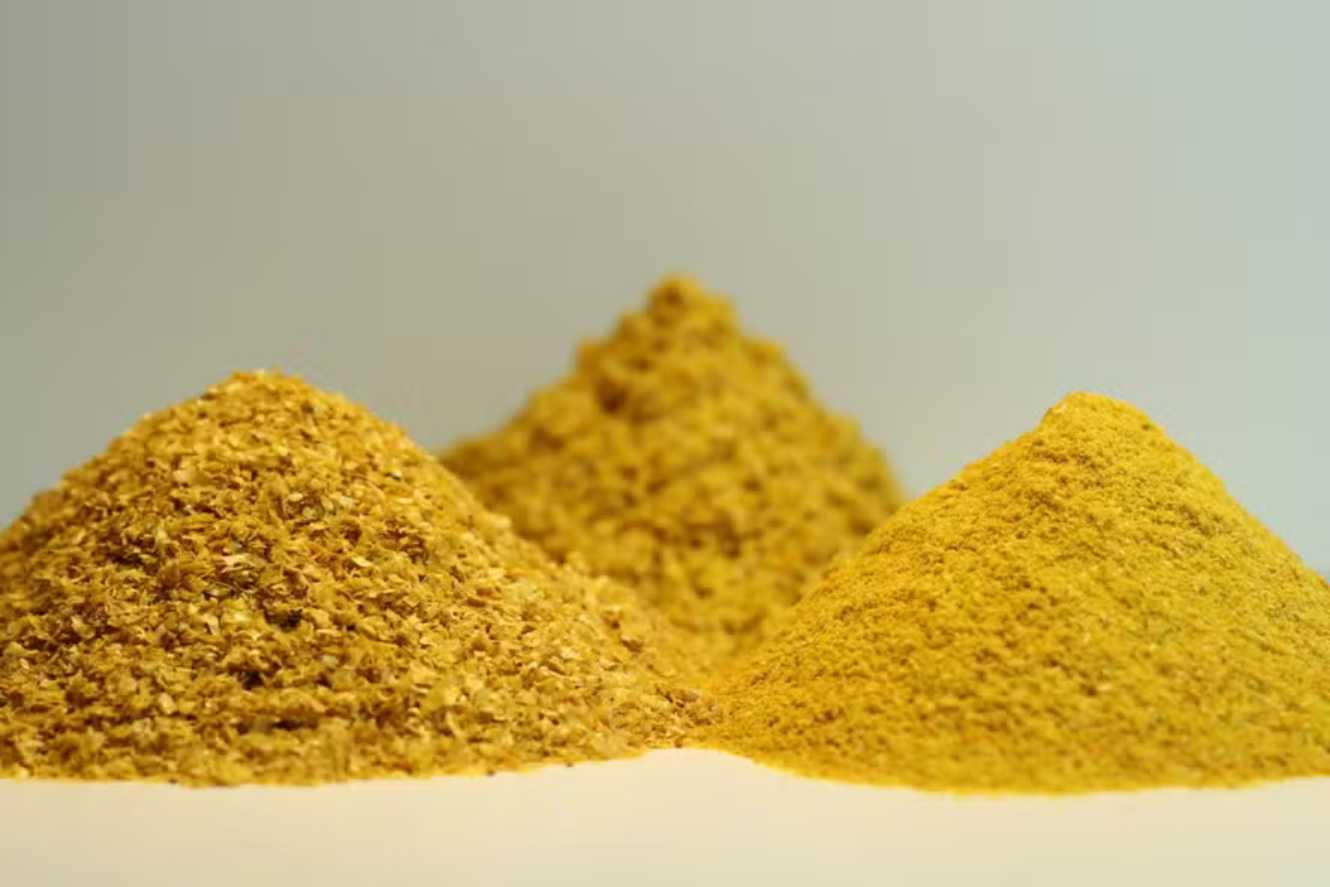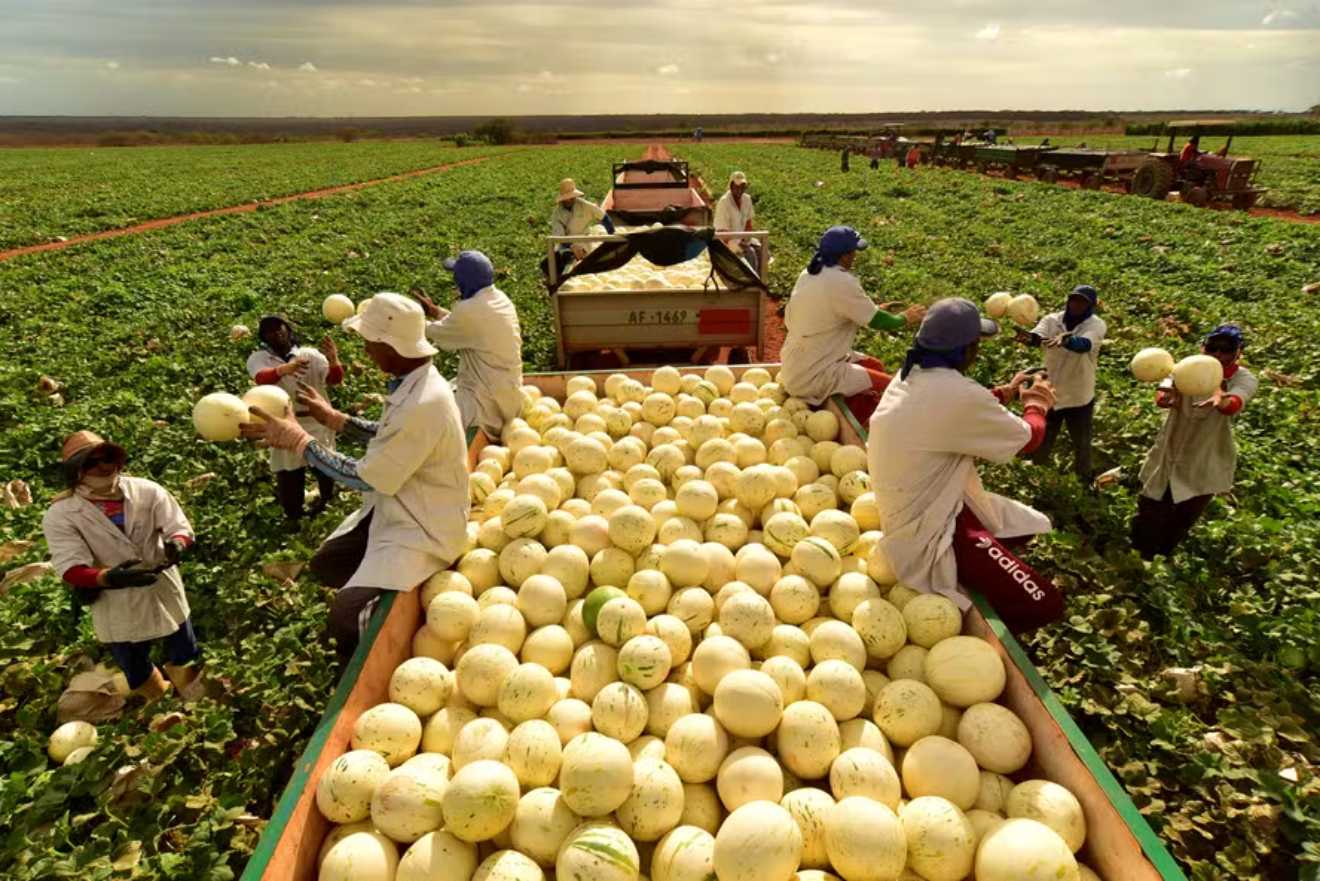Coffee and Sugar Fall as Market Monitors Weather Conditions in Brazil
Cocoa futures for March closed trading on Friday, November 1, with a 0.1% increase on the New York Exchange, priced at $7,341 per ton.
The price hike reflects expectations of a short-term supply shortage due to heavy rains in major cocoa-producing regions in Africa, particularly in Côte d’Ivoire, the world’s largest cocoa producer. Excessive rainfall there is limiting field access and creating conditions favorable for crop diseases, according to the consultancy Trading Economics.
However, Ivorian producers note that periods of sunshine, combined with high soil moisture, may still support quality and volume for the main crop, which spans from October to March.
In light of these climate factors, Côte d’Ivoire’s regulatory body, Le Conseil Café-Cacao, raised its cocoa production forecast for the 2024/25 season on October 18, expecting a 10% increase to between 2.1 and 2.2 million tons, up from a June forecast of 2 million tons.
On the demand side, third-quarter cocoa grinding data show a mixed scenario, with a 3.3% decrease in Europe year-over-year but increases of 11.6% in North America and 2.6% in Asia.
Sugar
Demerara sugar futures closed down 2.95% on the New York Exchange, trading at 22.07 cents per pound.
With this decline, sugar erased the prior day’s 2.34% gains. The market is closely watching Brazil’s production prospects for the 2024/25 season following severe drought conditions in the country this year.
Coffee
Arabica coffee futures dropped by 1.2% on the New York Exchange on Friday, closing at $2.4295 per pound.
The market is responding to the return of rain in Brazil’s coffee-growing regions. After a harsh drought, crops are showing signs of recovery, alleviating concerns about supply from the world’s largest coffee producer.
Cotton
December cotton closed up 0.93% at 70.22 cents per pound on the New York Exchange.
The USDA’s weekly report indicated that 52% of the cotton harvest was completed as of October 27, up from 44% the previous week. This increase in supply has applied pressure on prices, although recent gains in crude oil and grain markets have provided some support for cotton, as analyzed by Trading Economics.
Higher oil prices have raised the cost of polyester, a cotton substitute, which is supporting demand for cotton.
Orange Juice
Frozen concentrated orange juice (FCOJ) futures recorded a slight increase of 0.18% on the New York Exchange on Friday, closing at $4.884 per pound.





